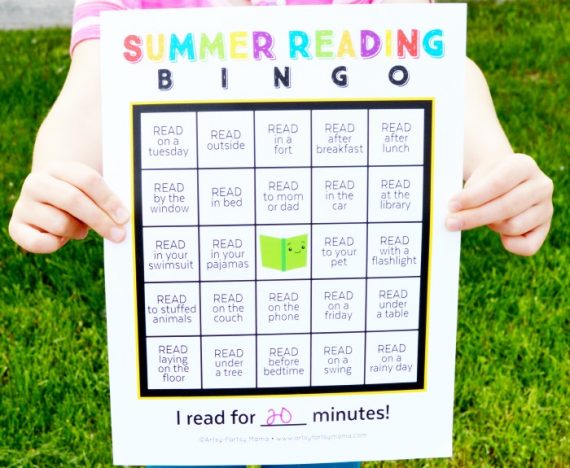In just a few days, I’ll be teaching a unit on pronouns to a classroom full of middle schoolers. Big deal, right?
Wrong.
It’s been years, years, since I’ve “studied” pronouns (I was probably in middle school, myself). While I’ve been an English major, education candidate, and active writer, I haven’t had to know the mechanics of grammar well enough to articulate the rules (and exceptions) to others. Sure I can use pronouns correctly, but the question here is: can I teach those rules to other people?
Needless to say, I’ve had to do some brushing up on my pronoun rules. Many things I know and actively use, but don’t necessarily know the technical terminology for. As I revisit pronouns for teaching purposes, I thought you might like to as well! Plus, it gives me a chance to see if I can explain the rules of correct pronoun use without muddling your brain!
Personal Pronouns
These are the ones that usually come to mind when you hear someone say ‘pronoun’. Think: I, me, he, she, him, her, us, we, they, etc.
What you probably didn’t realize is that while ‘I’ and ‘me’ both refer to you as the speaker, one occurs in the nominative case (a fancy shmancy name for the subject of your sentence) and the other in the objective case. If the noun you are replacing is the subject of the sentence, you use pronouns that fall in the subject category, and if the nouns occurs as the object of the sentence, you use the corresponding pronoun.
Now, this sounds complicated, but you likely already know which is which without having even realized it!
Example: “I saw the cat.” – ‘I’ is doing the seeing, therefore it is the subject and thus the pronoun ‘I’ is used to replace the noun that is the speaker
Example: “The cat saw me.” – ‘Me’ and ‘I’ are just two sides of the same coin; because the speaker is the object in this sentence, we use ‘me’ instead of ‘I’, even though both pronouns refer to the speaker of the sentence. You wouldn’t say “The cat saw I.”
Here’s a list of which pronouns fall into which category for your brain to process…
Subjective: I, you, he, she, it, we, they,
Objective: me, you, him, her, it, us, them
Possessive Pronouns
Did you know that ‘my’ and ‘his’ are pronouns too? Pronouns such as these indicated possession, such as my book, their cheese fries, or his Batcave.
Just make sure you don’t add an apostrophe to the possessive ‘its’ or else you have a whole different creature.
Reflexive and Intensive Pronouns
These are your pronouns with an added ‘-self’ at the end, such as: myself, himself, itself, themselves, ourselves. etc. and are used for emphasis or indication that the same person/thing is involved.
Using Pronouns Correctly
Usually, using pronouns isn’t too difficult, but then you get to the ‘she and I’, and ‘my friend and me’. Is it ‘I’? When do you use ‘me’? Why is this so confusing!?
Here’s my trick for using pronouns correctly in a sentence, when you have a compound pronoun (‘[blank] and [blank] went to the store’, for example):
Take out one of the people involved in the action. Does the sentence make sense? Now, remove the other person from the sentence. It, too, should make sense.
Example: ‘Kam and I went to Comic Con.’ – If you remove ‘Kam’, you are left with the sentence ‘I went to Comic Con.’, which makes grammatical sense (great!). Now remove ‘I’. You’re left with ‘Kam went to Comic Con.’ which also makes sense. Bravo.
Example: ‘A dalek tried to exterminate her and I.’ – Try the above trick; you get ‘A dalek tried to exterminate her.’ which makes sense (‘tried to exterminate she’ does not, however) and ‘A dalek tried to exterminate I.’ – Woah. Hold up. That doesn’t make any sense. You would say ‘A dalek tried to exterminate me.’, therefore the correct sentence should read: ‘A dalek tried to exterminate her and me.’
Tip: When you have a compound pronoun that involves yourself (me or I), be polite and put the other person first! Grammar always has good manners.
Interrogative Pronouns
These include the more difficult ‘who’ and ‘whom’ pronouns, so I’ll tackle those another time. Just know that these ones exist, for now.
Was that mini-grammar lesson a bit more bearable than those you had in school? If so, share it with a friend who could use a little grammar elevation (in a nice way, of course)!






Comments are closed.